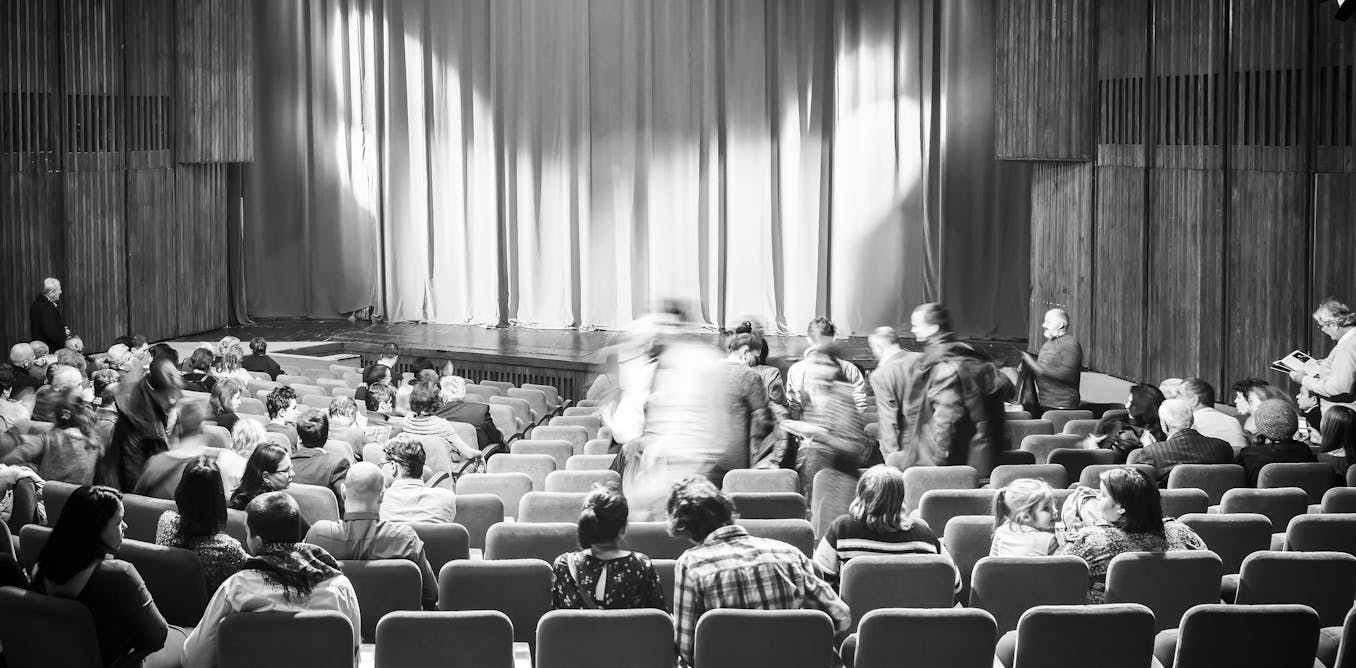
"Deleuze and Guattari prize the creation of concepts as 'doing philosophy.' This process is not solely mental; it is an embodied experience engaging the senses."
"Deleuze suggests cinema functions as a philosophical practice through movement-images that actively shape our perception and experience of the world."
"Great film directors, like philosophers, create concepts; they do so through movement-images which serve not just for entertainment but as vehicles for philosophical thought."
"Deleuze classified movement-images into three categories: perception-images, affection-images, and action-images, each influencing our understanding of the world in unique ways."
Philosophy involves engaging with fundamental questions regarding reality, knowledge, and values. Gilles Deleuze argued that cinema should be seen as a philosophical practice, proposing that films can create philosophical concepts. This embodied process engages the senses, allowing both filmmakers and viewers to act as philosophers. Deleuze identified three types of movement-images: perception-images, affection-images, and action-images. Each type influences the way individuals perceive their surroundings and contributes to a deeper understanding of the world.
Read at The Conversation
Unable to calculate read time
Collection
[
|
...
]